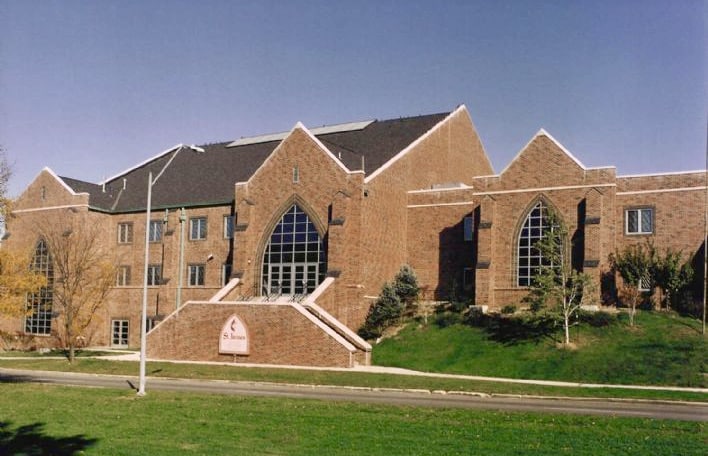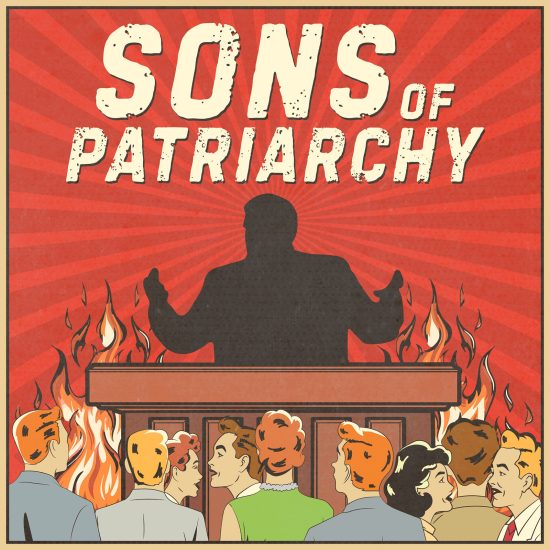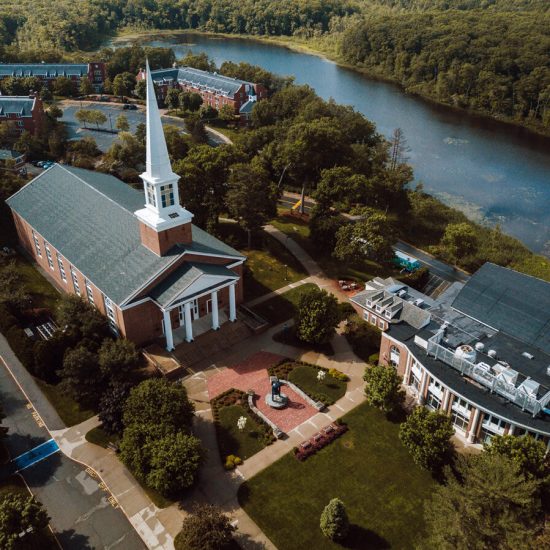
Pastors have broad job descriptions. They are preachers, teachers, counselors, administrators, organizers, and so much more. Many church members rarely interact with their pastors outside of Sunday morning worship, making it difficult to understand the dynamics of this role. “Behind the Pulpit” is a regular feature intended to pull back the curtain on the minister’s life and introduce our readers to how a diverse set of leaders go about shepherding their flocks.

Emanuel Cleaver III
This installment features Emanuel Cleaver III, pastor of St. James United Methodist Church in Kansas City, MO. This interview was conducted through email and his responses have been lightly edited for clarity.
What didn’t you learn in seminary that you needed to know for church leadership?
There were a few things that were never discussed in seminary. One, I was never told that people in the church are often resistant to change, even if it means reversing the decline that the congregation is experiencing. Two, nothing was ever discussed about a discipleship process. There were plenty of classes that talked about what discipleship meant but nothing on how to disciple people. Three, as strange as it sounds, I was never taught what it means to be a pastor. The assumption is that if you are in seminary, you already know. I found out in my first appointment that my understanding of the role of the pastor was different than that of the congregation. That’s why I eventually wrote a book about it, Pastor on Track: Reclaiming our True Role. The last thing I will share is that there is never any discussion about how often people get upset with the pastor or church policies and simply leave the church out of anger.
What do you know as a pastor that you wish the typical layperson would better understand?
In every congregation, there are many different opinions and preferences on what the church should or should not be doing. However, the pastor has to look at things from a broad perspective. Pastors should not look at things from the point of view of what they like, but rather what is best. I also think it would be helpful for the laity to understand how much time and effort is invested in sermon preparation.
How has your personal understanding of God changed by serving the local church?
I don’t know that my understanding of God has changed, but I have a greater appreciation for God. It is amazing that week after week God gives me a message to share. I also appreciate how God uses individuals and congregations to do great work for the kingdom.
How have your personal religious/devotional practices been shaped and altered by being the shepherd of a flock?
When I became a pastor, I developed the practice of praying and then reading scripture. My practice of talking to God and reading scripture is how I understand God speaking to me. I also began journaling as a way to see how God is moving in my life and the life of the congregation.
What does justice look like in your local context? How about love? How do you lead people towards both?
Unbiased policing, voter rights protections, equity in the judicial system, and equal employment opportunities are what justice looks like in my context. Feeding the hungry, clothing those in need, caring for those who are hurting, and providing space for community events is what love looks like in my context. The way I lead people toward both is by preaching and teaching about these things consistently.
What is the funniest or oddest thing that has ever happened to you in ministry (that you can share without breaking confidentiality)?
One Sunday, after I finished preaching, a woman came up to me and asked why I asked her to marry me. I was puzzled because I didn’t even know who she was. She told me that she’d read between the lines in my sermon and concluded that I wanted to marry her. It was extremely strange, but it also made me more aware of mental health issues.
What has leadership through a pandemic required of you? How has your church experienced this public health crisis?
I’ve had to completely rethink what it meant to be the Church. I’ve had to cast vision through electronic means as opposed to sitting down with people. It has also meant spending a lot of time with God to discern how to lead when pastoring a virtual congregation.
We’ve had several members and families of members pass away from COVID-19. As a result of the number of people who have been sick during the pandemic, the congregation is slow in coming back to the building.
What gives you hope in the church today for what the church will be tomorrow?
In all actuality, the way the Church survived and, in many instances, thrived during the pandemic gave me a renewed confidence in the future Church. The Church learned (a lesson we should have already known) that the building does not make a community of faith. I am hopeful for the future because we have learned how to be the church and do ministry without the confines of a particular location.






